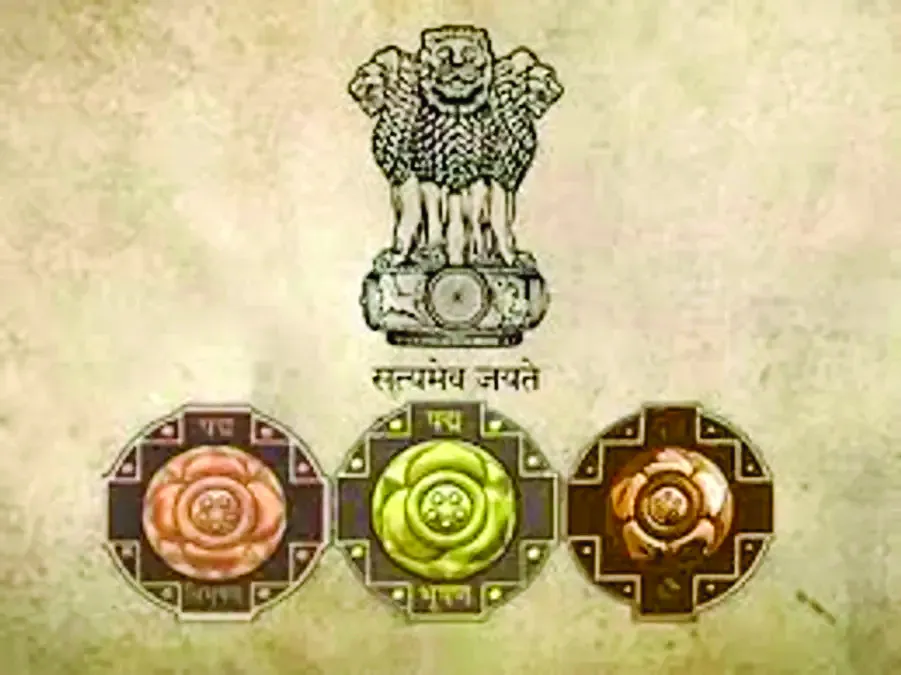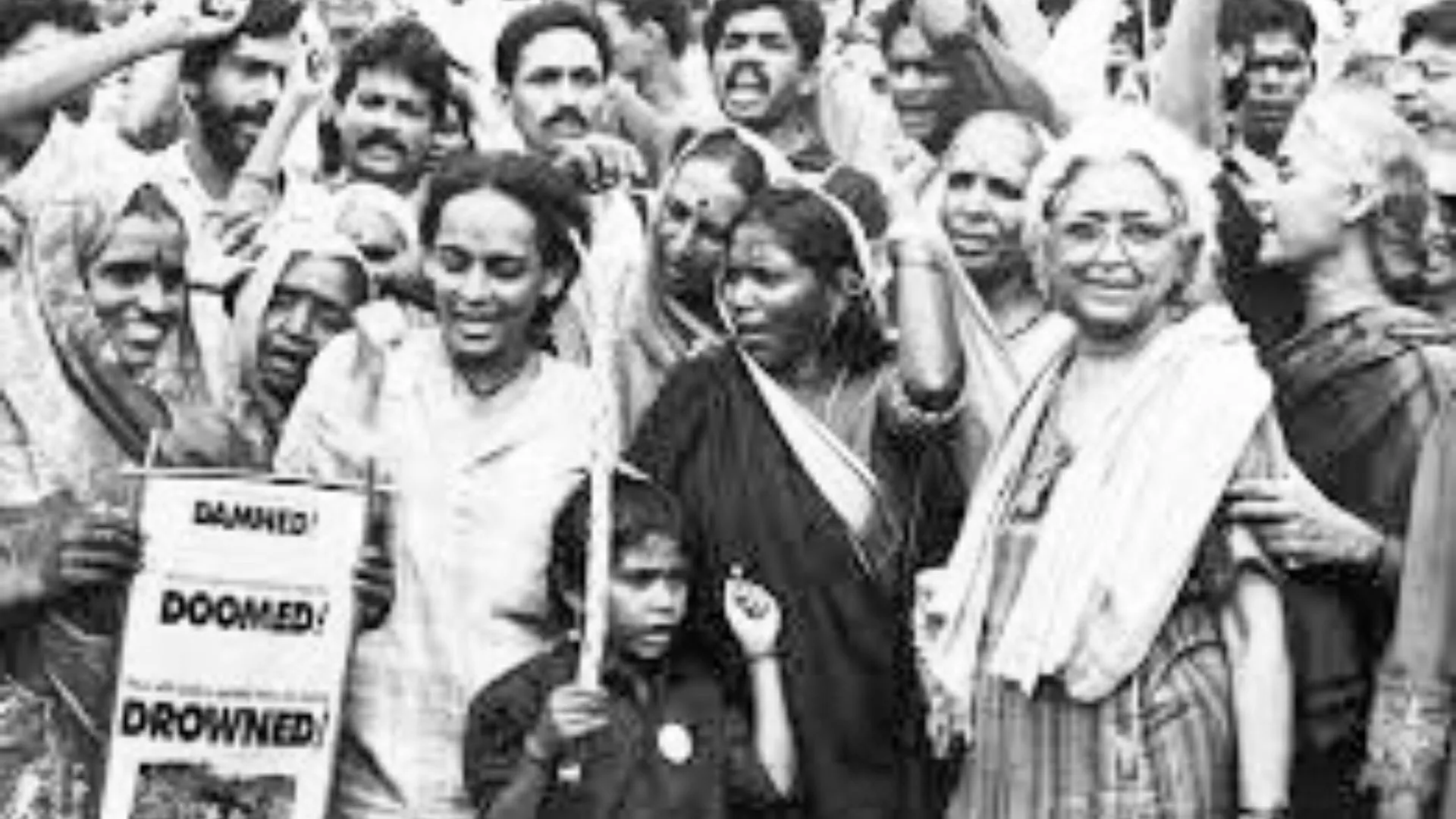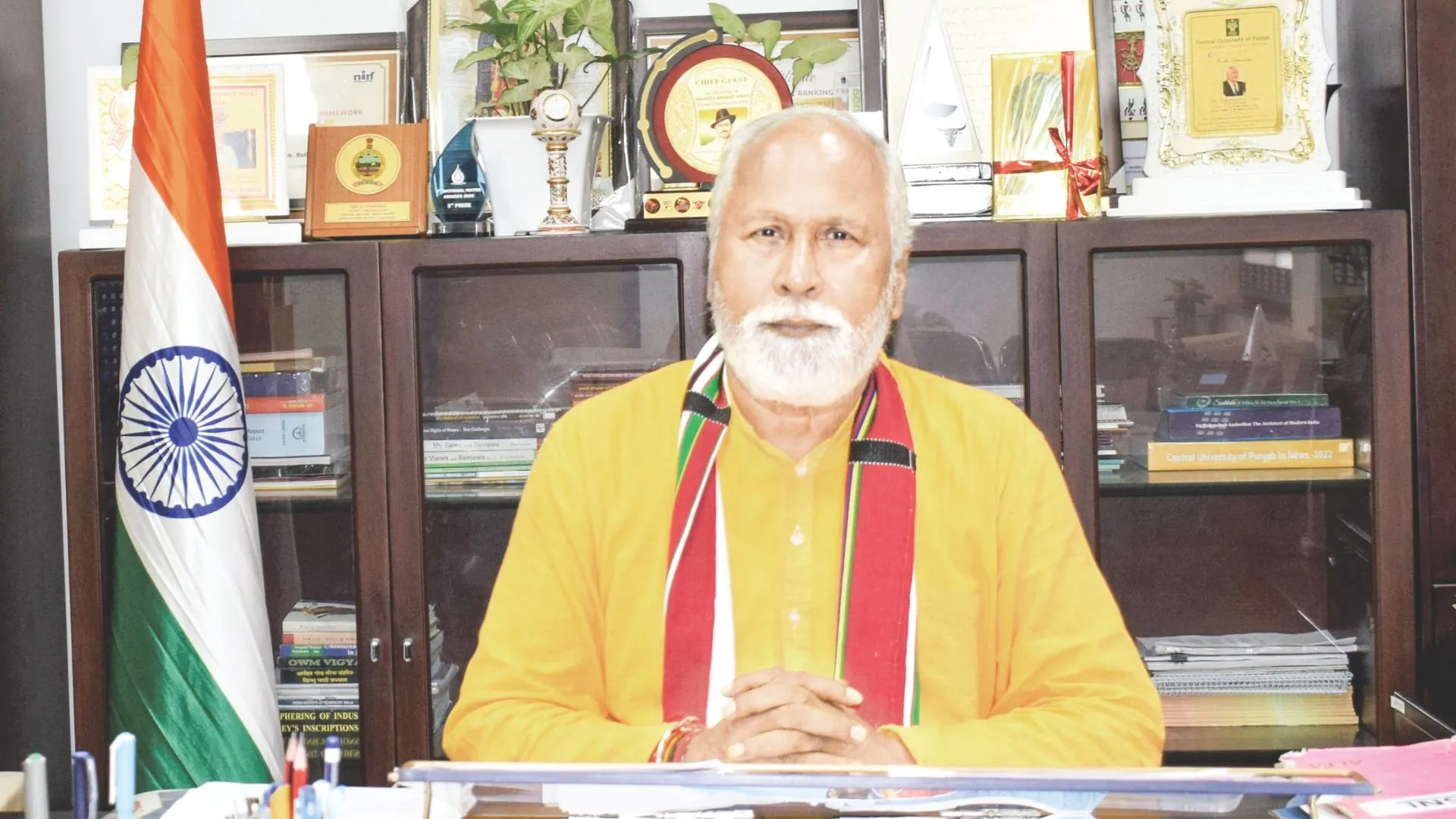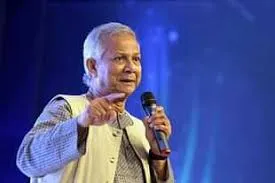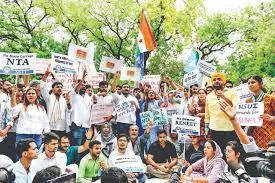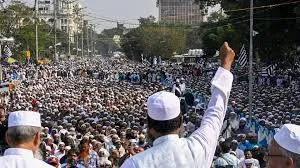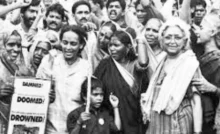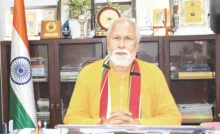The flickering shadows of a centuries-old tradition come alive on a modest stage in Karnataka, where Bhimavva Doddabalappa Shillekyathara holds the delicate strings of her Gombayetta shadow puppets. Her fingers glide effortlessly, breathing life into epic tales of the Ramayana and Mahabharata. At 91 years of age, she still captivates audiences with a craft that has been her life’s purpose for over seven decades. Bhimavva’s unwavering dedication to preserving this ancient art form is not just a testament to her love for tradition but also a reminder of the cultural treasures that lie in the heart of India.
In a small village in Chhattisgarh, Pandi Ram Mandavi, a wood carver from the Gond Muria tribe, transforms humble pieces of wood into melodious bastar flutes, each carrying whispers of tribal melodies and the soul of his community. With over 50 years of devotion, Mandavi’s creations serve as both instruments of music and symbols of his tribe’s vibrant heritage.
Meanwhile, in the quiet alleys of Bhojpur, Bhim Singh, a journalist, has spent his life amplifying the unheard voices of the Musahar community—one of the most marginalized groups in India. His relentless pursuit of justice and empowerment through journalism has transformed lives and inspired many.
These are just a few among the many extraordinary individuals honored with the Padma Awards this year, a recognition that has evolved under Prime Minister Narendra Modi’s government to truly celebrate India’s unsung heroes. The awards, once perceived as exclusive to elites, now embrace the diversity and spirit of the nation—honoring individuals from humble beginnings and diverse fields who have made a profound impact on society.
The #PeoplesPadma exemplifies Jan Bhagidari in building a New India. Under the leadership of Prime Minister Narendra Modi, these prestigious awards have transcended traditional boundaries of fame, power, and privilege, becoming a celebration of merit, dedication, and selfless service. By opening the nomination process to the public, the awards have become a true people’s movement, unearthing unsung heroes from all walks of life. This inclusive approach transcends political lines, exemplified by honoring leaders like Sharad Pawar, Buddhadeb Bhattacharjee, Pranab Mukherjee, and Tarun Gogoi under the Modi government—a testament to statesmanship and the spirit of democracy.
The awards also highlight India’s harmonious ethos. Batool Begum, a singer from the marginalized Mirasi community, broke stereotypes by performing Ganpati and Ram bhajans, showcasing how art unites beyond religion. Women’s contributions have gained prominence as well, with Sally Holkar empowering over 250 women weavers and Gokul Chandra Das training women in the traditionally male-dominated art of Dhak playing. At the same time, trailblazers like Neerja Bhatla in cervical cancer prevention and Justice J.S. Khehar, the first Sikh Chief Justice of India, embody excellence in science, medicine, and law. These awards, now a symbol of inclusivity and merit, inspire a New India where greatness knows no boundaries.
Under the Congress regime, the Padma Awards were often viewed as a means to reward the pliable “who’s who” of society—those from elite and influential circles who sang praises of the government. The process was criticized for lacking inclusivity and transparency, with the focus seemingly more on connections than contributions. In stark contrast, the Modi government has made it a priority to honor unsung heroes whose dedication has impacted lives across the nation. In 2016, figures released by the government highlighted how, under Congress rule, there was a disproportionate skew in the distribution of awards, favoring a few states and regions. This imbalance has since been corrected, ensuring fair representation across the country. The broad-basing efforts have democratized the process, breaking away from the elitism of the past.
Additionally, while the Congress party and its scion Rahul Gandhi never miss an opportunity to target corporates and wealth creators, often framing them as exploitative, the Modi government has taken a markedly different approach. The recent conferral of the Padma Vibhushan to the late Osamu Suzuki, former chairman of Suzuki Motor Corporation, is a case in point. Suzuki’s revolutionary contributions to India’s automotive sector brought affordable small cars to millions of Indian families, a move that not only transformed lives but also created jobs and boosted the economy. This stands as a testament to the government’s recognition of wealth creators as vital pillars of nation-building.
The democratization of the Padma Awards under the Modi administration extends beyond mere recognition. Initiatives like the Padma Quiz, which allows winners to attend the prestigious ceremony at Rashtrapati Bhavan, and the ‘Wall of Wishes,’ where citizens can send personalized messages to awardees, have transformed the awards into a people’s movement. Ministries and departments have been tasked with identifying deserving individuals, with a particular emphasis on women, Scheduled Castes (SCs), Scheduled Tribes (STs), divyangjan, and other marginalized communities. This effort ensures the recognition of real contributors from every corner of the nation, irrespective of their social or economic standing.
The Padma Awards today are truly reflective of the spirit of a New India—an India that celebrates its diversity, values hard work, and recognizes contributions across all walks of life.
The author is the official spokesperson for Bharatiya Janata Party, Telangana.


